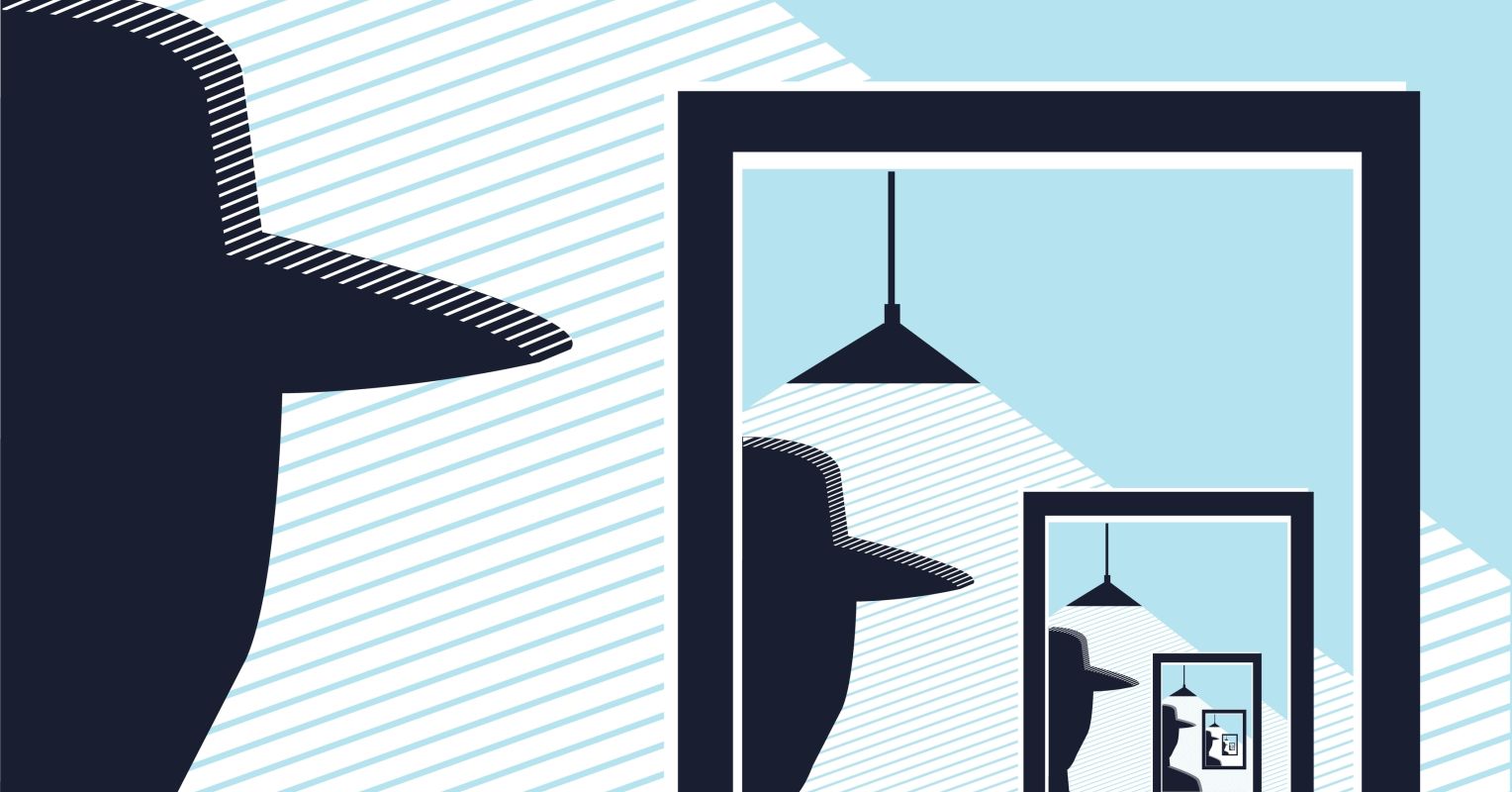
"Déjà vu might not be maladaptive; it may signal efficient memory retrieval, prioritizing swift recognition over perfect accuracy to enhance survival."
"This phenomenon occurs when a new experience resembles a previous one, influencing our perception of familiarity despite the original memory being unrecallable."
Déjà vu, translating to 'already seen,' arises from mismatches in memory processing, where a new experience resembles a past one without conscious recall. The brain's parallel memory systems becoming misaligned leads to this phenomenon, as the automatic system may signal familiarity before the controlled system validates it. Researchers propose this may not merely be a malfunction but potentially an adaptive strategy that favors quick decision-making, enhancing survival by recognizing familiar patterns in uncertain situations.
Read at Psychology Today
Unable to calculate read time
Collection
[
|
...
]